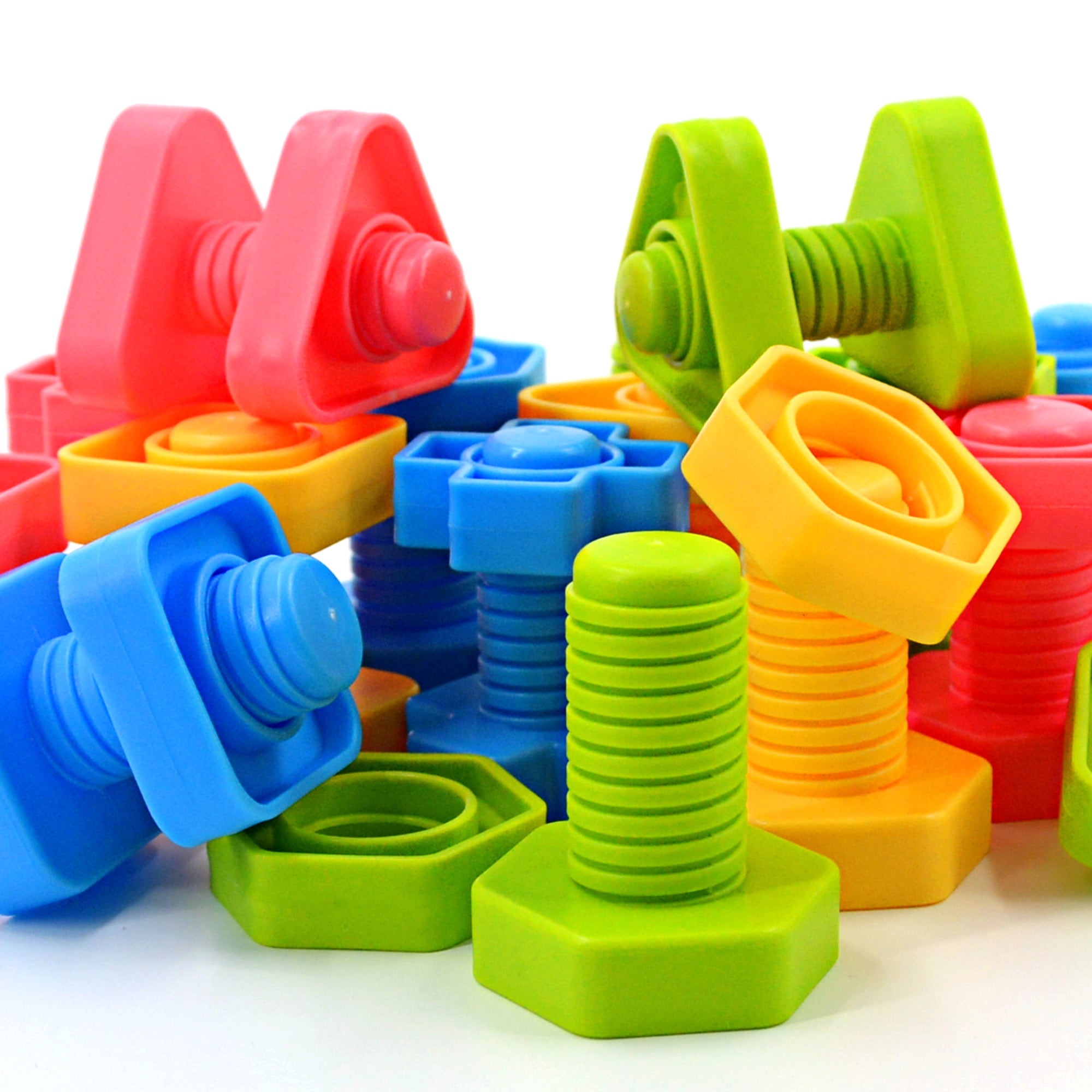Within this realm of building, vehicle repairs, and home renovation projects, the nuts and bolts that hold all together frequently go unnoticed. Such simple yet crucial fasteners play a critical role in ensuring the stability and safety of various structures and machinery. As the foundation of innumerable applications, understanding the various types of fasteners and bolts, along with their specific uses and features, is important for anyone involved in DIY tasks or professional contracting.
The following article will serve as a thorough guide to joining technology, offering information into the diverse array of nuts and bolts that exist, from standard hex bolts to unique fasteners. If you're interested about the most suitable bolts for intensive construction or need guidance on selecting the right fastener for metal compared to wood, we will cover it all. Join us as we explore how to select the right fastener for your task and delve into the specific details that render these small components so vital to our daily tasks.

Types of Nuts and Bolts
In the realm of fastening technology, bolts and nuts are the backbone of numerous construction and manufacturing projects. Bolts are typically long, cylindrical fasteners with a head on one end and threads that extend along the shaft. They are designed to be paired with nuts that screw onto the bolt's threads. The combination creates a secure joint that can withstand both tension and sheer forces, making them essential in building structures.
There are several common types of bolts, each serving a distinct purpose. Hex bolts are among the most widely used due to their versatility, while rounded-head bolts have a rounded head for a clean finish in exposed applications. Lag bolts, known for their coarse threads, are ideal for heavy-duty wood fastening. It's essential to choose the right type based on the type of material, load requirements, and environmental conditions to ensure that the assembly holds together effectively over time.
These fasteners, too, come in various shapes and functions. Standard hex nuts pair with bolts for general applications, while lock nuts are designed to prevent loosening from vibrations. Flange nuts, with a built-in washer, distribute the load and provide a more stable fastening solution. Understanding the different types of nuts and bolts available is crucial for selecting the best fasteners for your projects, whether for home improvement, automotive repairs, or industrial construction.
Materials and Surfaces
When picking nuts and bolts, the substance they are made from is crucial for guaranteeing durability and performance in multiple applications. Carbon steel is the most common material used for fasteners due to its robustness and versatility. It can be mixed with other materials to improve properties, such as infusing chromium to create resistant steel, which offers excellent resistance to corrosion. Bolts and Nuts Store , known for its decorative appeal and resistance to rust in non-marine environments, is often chosen for ornamental applications and plumbing fittings. Titanium, while more pricey, provides an superior strength-to-weight ratio and is used in specific applications like aviation and medical implants.
Coatings play a key role in the longevity and effectiveness of bolts and nuts, especially in settings prone to humidity or harsh substances. Zinc finish is a common choice as it provides a layer of rust protection, making it suitable for construction and outdoor projects. Zinc galvanizing, which involves a thicker zinc coating, is recommended for heavy-duty applications where greater protection is necessary. Other coatings, like oxide finish or powder coating, can enhance aesthetics and provide additional protection against degradation, extending the life of the fasteners.
Comprehending the benefits of different materials and coatings can help you make educated selections based on the particular needs of your project. For instance, if you seek fasteners for a nautical environment, selecting stainless steel or specially coated bolts will prevent rust and corrosion. Meanwhile, for applications that prioritize weight savings and robustness, titanium bolts may be the optimal option. Knowing these details ensures that you select the appropriate hardware for optimal performance and durability.
Purchasing Guides
When selecting nuts and bolts for the task at hand, it is important to understand the distinctions in metric and imperial fasteners. Metric screws are measured in millimeters, whereas imperial screws use inches for measurements. Depending on the specifics of your project, the decision between the two can influence compatibility with pre-existing materials. Therefore, always check the requirements of the project before making a decision which type of fastener to buy.
Measuring nuts and bolts correctly is essential to ensure a correct. Use calipers or a tape measure to ascertain the diameter, length, and thread pitch. Always consider the tolerance levels required for the application, as even a slight difference can lead to failures in structural integrity. A properly measured fastener not only ensures safety but also boosts the overall performance of the task.
When it comes to buying quality fasteners, there are multiple factors to consider. Look for reputable brands known for their quality control and premium materials. Always check for accreditations or ratings that indicate sturdiness and durability, such as ISO or ASTM certifications. Additionally, evaluating prices and warranty options can help you make a smart choice, ensuring you receive the best value for the cost.
